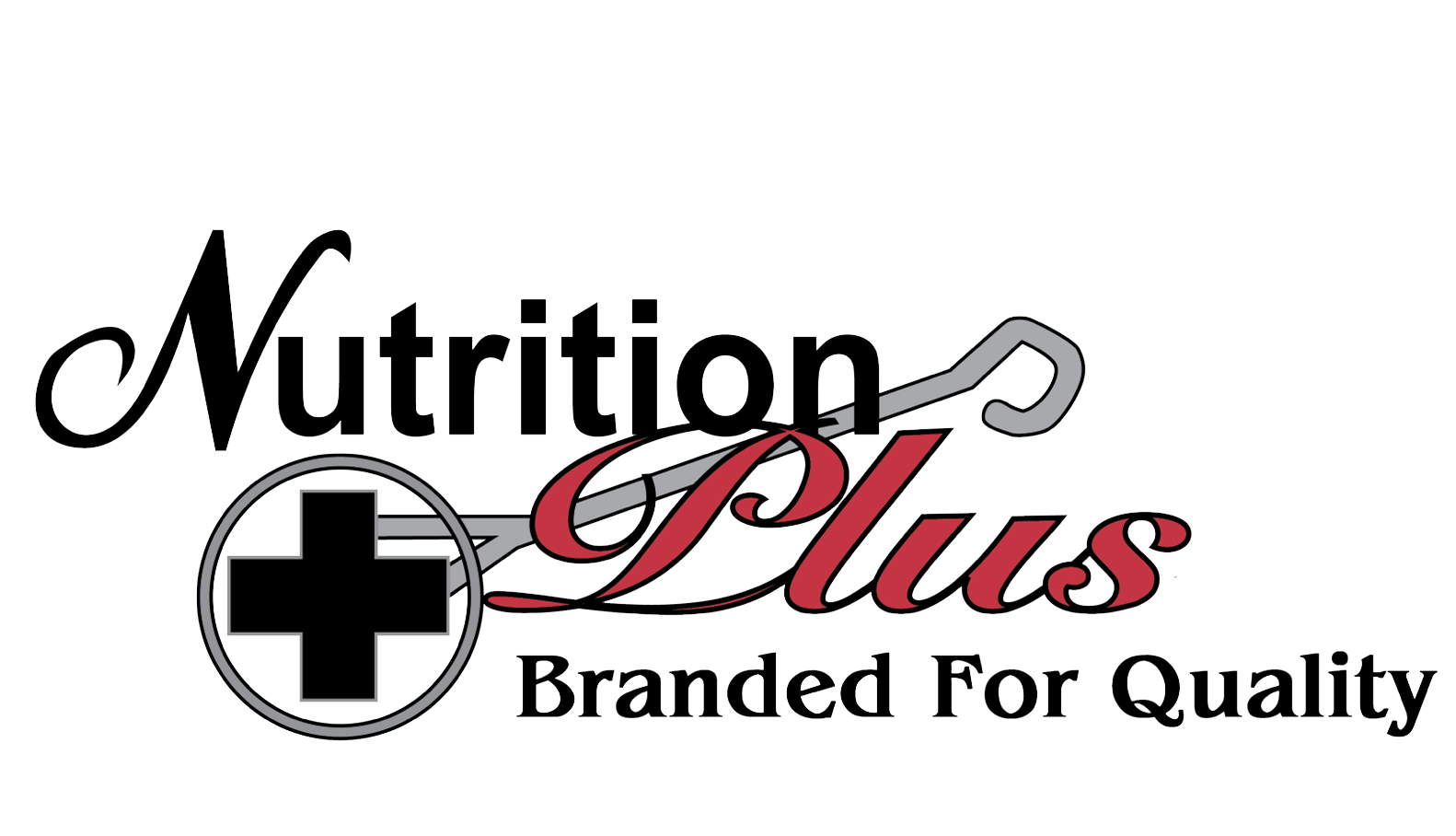Phosphorus is a macro mineral. This means it is a dietary mineral that is required in relatively large amounts, and it constitutes a large portion of certain body tissues and fluids. Phosphorus is essential for the formation of bones and teeth. It is a component of phospholipids which are important in lipid transport and metabolism and cell-membrane structure. It is also a component of RNA and DNA, the vital cellular constituents required for protein synthesis. Phosphorus is a constituent of several enzyme systems.
When phosphorus is deficient, it can cause rickets in young animals and osteomalacia in adults. It can also cause depraved appetite, also known as pica, but this is not specific to phosphorus deficiency. Breeding problems may also arise. In hens, reduced egg production is a result.
Sufficient vitamin D is necessary for phosphorus assimilation and utilization. Excess calcium and magnesium cause a decrease in phosphorus absorption. In ruminants, excess phosphorus, in relation to calcium, is likely to cause calculi.
A few good sources of phosphorus include monosodium phosphate, diammonium phosphate, dicalcium phosphate and defluorinated phosphate. Other sources include bone meal and most cereal grains and their by-products. Notably, wheat bran is high in phosphorus.
Approximately 80% of the phosphorus of the body is present in the bones and teeth. Excess phosphorus may result in lameness and spontaneous fracture of long bones. High phosphorus has a laxative effect. Non-ruminants do not efficiently utilize phosphorus in cereal grains.

